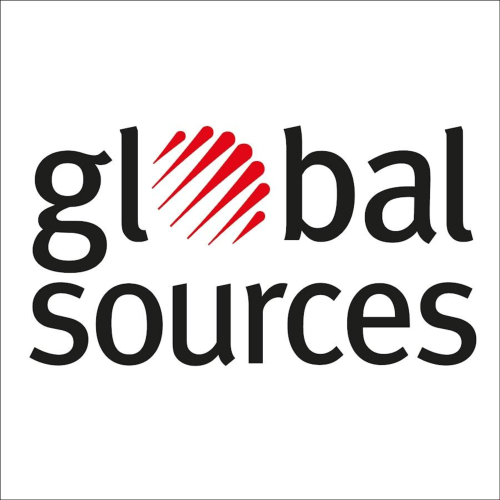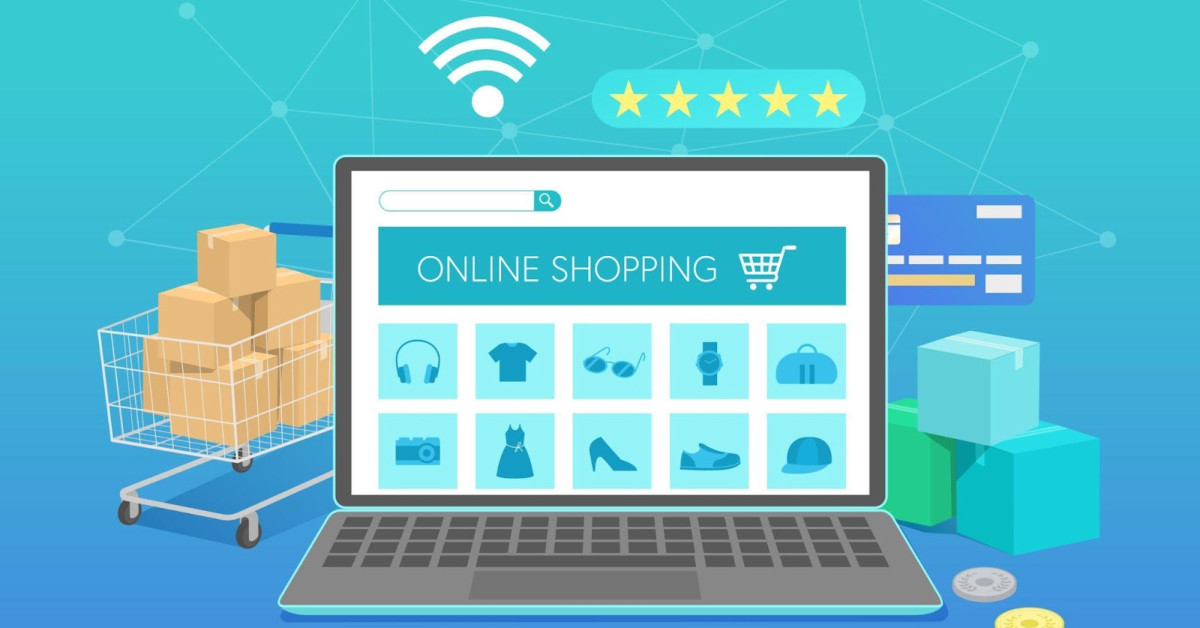It’s 2025, and the online wholesale marketplace is almost unrecognizable from what it was just a few years ago.
Once dominated by a handful of giants, the ecosystem has undergone rapid diversification. Driven by evolving consumer expectations, global supply chain shifts, and a growing distrust of monolithic platforms, businesses now seek variety, transparency, and reliability. As a result, countless suppliers have risen to challenge the behemoth that once stood nearly unopposed, AliExpress. While AliExpress remains widely used, the search for AliExpress alternatives has evolved into a strategic decision for retailers, resellers, and entrepreneurs worldwide.
Looking Beyond AliExpress in 2025
While AliExpress continues to serve as a reliable supplier for millions, it’s not without its flaws. Many small businesses and dropshippers are increasingly frustrated with long shipping times, inconsistent product quality, and a lack of customer support. In an age when consumers demand fast, Amazon-level fulfillment and top-notch service, relying on a slow, opaque platform can spell doom for a brand.
Global Sources
Global Sources provides a comprehensive solution for buyers by showcasing products online and hosting offline trade shows through its Online-to-Offline (O2O) feature. This innovative approach helps users find the most suitable suppliers across various industries, ensuring access to new trending products and verified manufacturers in multiple sectors.
Global Sources is a strong alternative to AliExpress, emphasizing curated experiences, often offering better brand support and a smoother logistics process. By leveraging Global Sources’ extensive network, you can explore tens of thousands of wholesale products on GlobalSources.com with confidence. This strategy effectively meets all your sourcing needs and gives you a competitive edge in your business. With a proven track record, the company has served over 10 million registered buyers and users worldwide, including participation from 97 of the top 100 retailers globally.

Rise of Regional and Specialized Platforms
One of the most significant trends in wholesale eCommerce today is regional specialization. Platforms like IndiaMART and Banggood have carved their niches, offering competitive prices and often faster delivery times within their regions. IndiaMART, for example, connects buyers directly with Indian manufacturers, which can be a huge advantage for brands looking for unique products and non-Chinese sourcing.
Another emerging name is Faire, a wholesale platform specifically tailored for boutique retailers in North America and Europe. It emphasizes high-quality, small-batch products from independent brands, something AliExpress rarely offers
The Role of Technology and Automation
2025 has also seen a surge in automation and AI-powered sourcing platforms. Tools integrated with Shopify, WooCommerce, and Amazon Seller Central now offer seamless access to a wide network of suppliers, many of which are not affiliated with AliExpress. Platforms like Spocket and Modalyst use smart algorithms to connect users with fast-shipping US and EU suppliers, significantly cutting down delivery times.
Transparency and Trust: The New Gold Standards
Businesses now demand to know who they’re buying from, how products are made, and what guarantees are in place. Several AliExpress alternatives now offer verified supplier badges, product quality guarantees, and real-time support channels.
Take DHgate, for instance. Once considered a shadow of AliExpress, it has reinvented itself with stricter quality controls, verified reviews, and improved shipping logistics. It’s particularly attractive for those looking to buy in larger quantities at factory rates without diving into the complexity of Alibaba’s B2B model.
Pricing Isn’t Everything Anymore
For years, AliExpress’s biggest strength was low prices. But in 2025, businesses understand that the cheapest option often comes at a cost, whether it’s in poor product quality, lost customer trust, or unreliable shipping. Today’s AliExpress alternatives may charge slightly more per unit, but they offer peace of mind and a better overall experience.
What the Future Holds
Looking ahead, the wholesale eCommerce space is only going to become more competitive and fragmented. The rise of localized production, AI-assisted sourcing, and ethical consumerism will continue to pressure legacy platforms like AliExpress. While it may still have a place in the toolkit of some sellers, relying solely on it is becoming increasingly risky.
Entrepreneurs who diversify their supply chains through smart AliExpress alternatives are better positioned to adapt to changing market demands, reduce dependency on volatile international logistics, and offer better customer experiences.
Final Words
If your eCommerce strategy still revolves around AliExpress alone, you’re playing an outdated game. The market has matured, the stakes are higher, and customers expect more. Embracing the right AliExpress alternatives isn’t just a smart move; it’s a survival strategy.
From region-specific platforms like IndiaMART to high-tech solutions like Spocket and Modalyst, and ethically focused marketplaces like Faire and Tundra, the options are vast and varied. Wholesale eCommerce in 2025 is not about finding “the next AliExpress”; it’s about building a resilient, flexible, and future-ready supply network.



